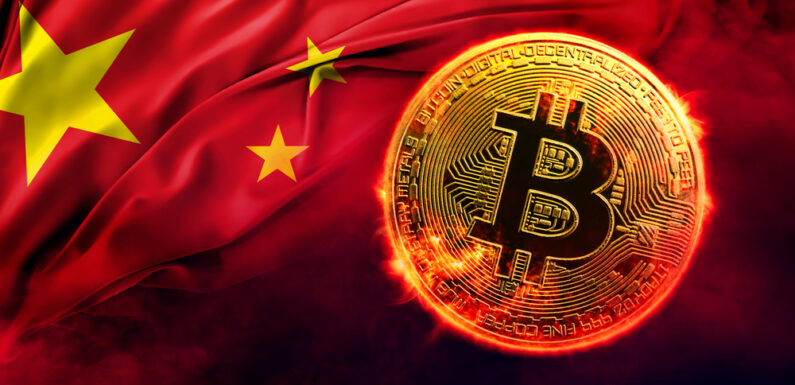
Tron Foundation’s founder predicts a shift in China’s stance on Bitcoin to stimulate healthy competition with the US.
Tron’s Justin Sun urges China to revise its position and back Bitcoin, similar to Donald Trump’s endorsement of the digital assets in a pledge to make the US world crypto capital.
The recent pledge by Republican presidential candidate Trump while addressing the Bitcoin 2024 conference, Sun welcomes plans to create a strategic BTC stockpile.
The former president declared that his election would lead to significant policy change to ensure the government retains 100% of its current BTC. The GOP candidate urged the Bitcoin holders to avoid disposing of their assets, promising that his administration would acquire more.
Sun’s response to Trump’s comments observes that the industry will reap from healthy competition between China and the US. A recent X post by the blockchain expert indicates the need for China to step up and realize further progress in the digital asset space.
Sun Questions China’s Restrictive Policies on Crypto
Sun’s statement emerges at a time when China still holds to its historically stringent stance on digital assets. China was once the world leader in BTC mining and trading before the restrictive policies on crypto.
A decade earlier, Chinese miners transformed the country into a BTC production powerhouse with dominant capacity in the BTC network. The fortune turned in September 2017 when the government prohibited Initial Coin Offerings (ICOs) and directed the closure of local crypto exchanges.
Despite the initial restrictions, China’s cheap electricity was the primary catalyst for thriving mining operations. In particular, Inner Mongolia, Sichuan, and Xinjiang regions, such as Inner Mongolia, Xinjiang, and Sichuan, contributed to China’s dominance for several years.
China’s situation would dramatically change when Vice Premier Liu issued a sweeping crackdown to bar BTC mining and trading. The move featured subsequent regulatory actions that saw the government declare all crypto-based transactions illegal in September, besides a nationwide mining ban.
The Chinese government explained the basis for its hardline approach as environmental impact, financial stability concerns, capital flight, and energy consumption. Additionally, the government desired to exercise control over the economic system.
China’s ban yielded a global effect, with the BTC network’s hash rate dropping by half temporarily. It would only pick after the mass exodus of miners to Russia, the US, and Kazakhstan.
In recent years, China has actively developed the Central Bank Digital Currency (CBDC) despite the crackdown on decentralized crypto. The digital yuan is a pathway to modernizing the monetary system while guaranteeing the state’s oversight of financial transactions.
Experts Urge China to Reverse the Hardliner Stance
Sun urging China to step up from the blanket ban on Bitcoin policy poses a significant challenge to Beijing’s status quo. As a prominent figure in the blockchain industry, Sun suggests that the failure of China to emulate the US risks the country trailing in the global race for crypto adoption and innovation.
Industry experts acknowledge that China’s shift from a prohibitive stance could have far-reaching implications for the global crypto. Anndy Lian considers that China should match the US Bitcoin policy that Trump pledges.
As an intergovernmental blockchain expert, Lian notes that the US is positioning itself as a global crypto leader. A similar path from China could stimulate healthy competition between the two economic powerhouses.
Lian echoes Sun’s suggestion that competition could trigger a series of advancements in blockchain technology. The published author considers that China versus the US could usher in better regulatory frameworks and widespread crypto adoption.
A reversal of the hardline by China would add a key constituent to the global market. Such will deliver increased liquidity, superior infrastructure, and bolter security measures. The rivalry could lead to balance regulations critical in mitigating risks inherent in volatility, fraud, and investor confidence loss.



